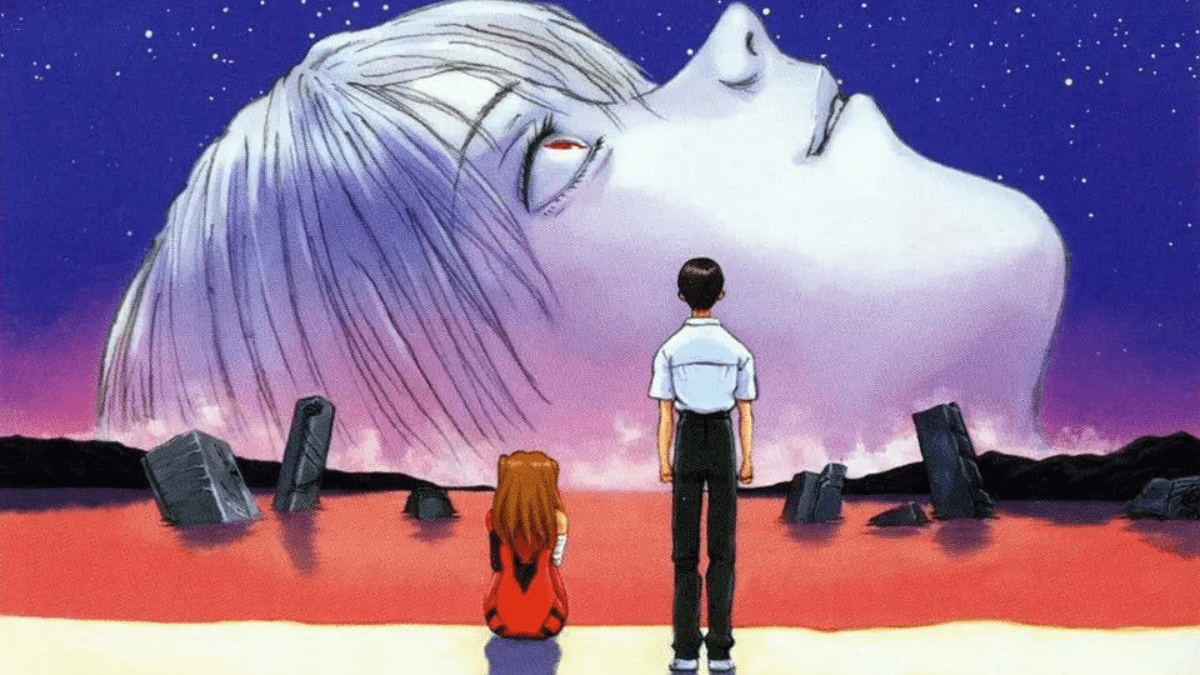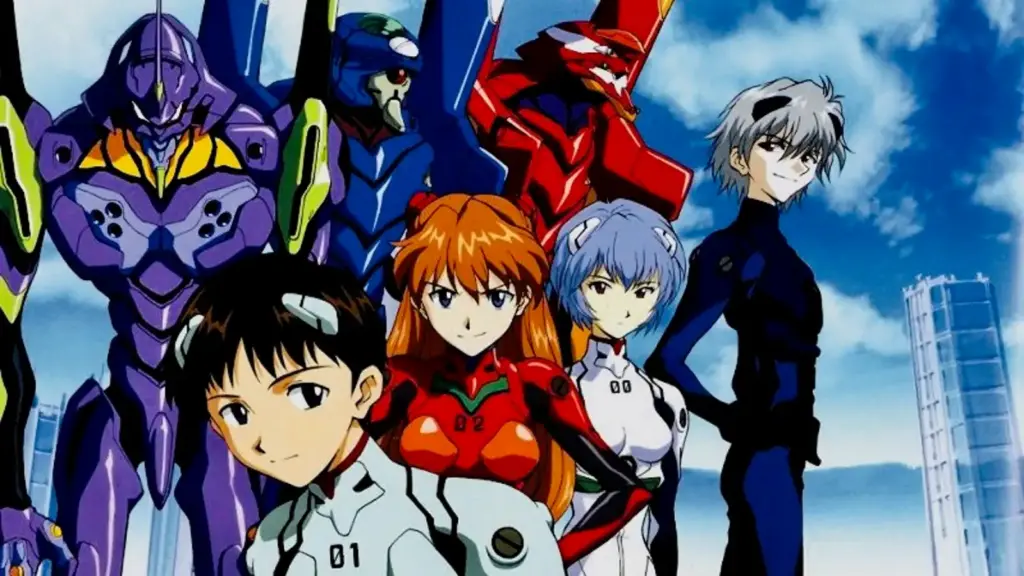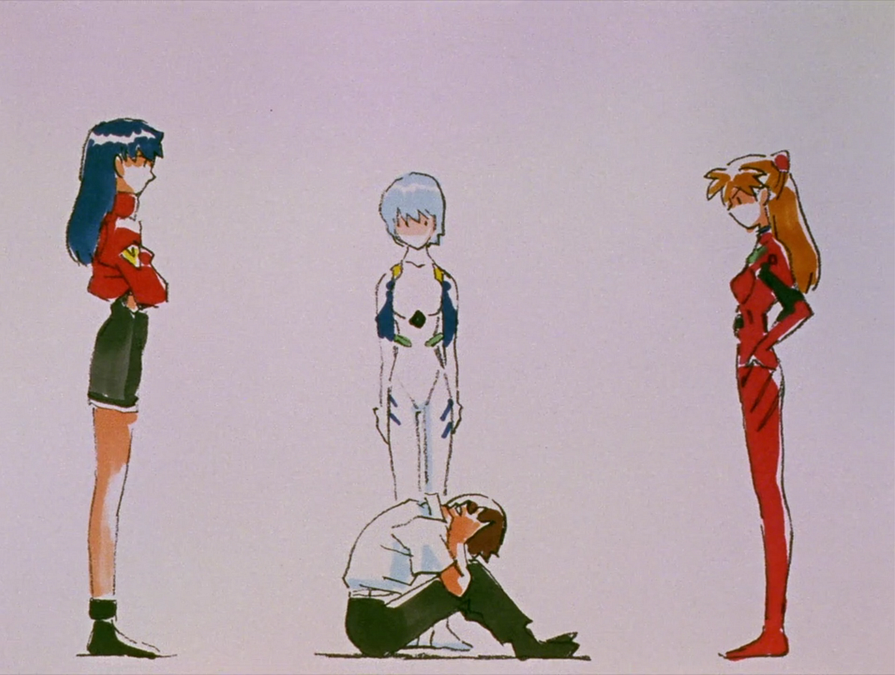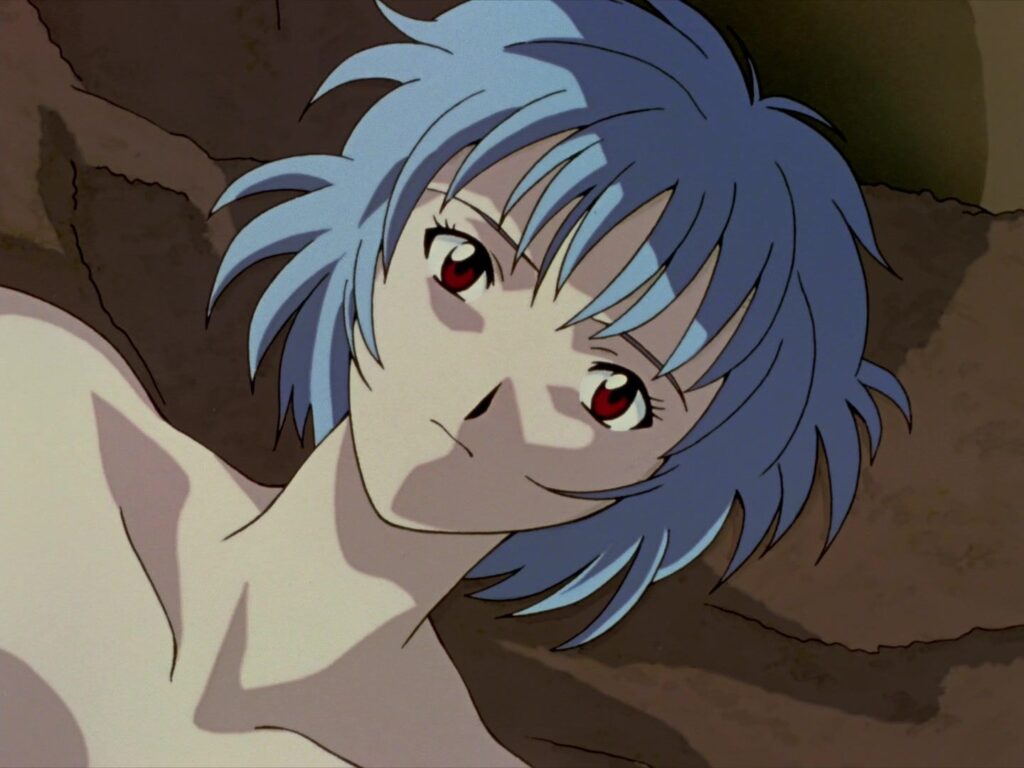‘Neon Genesis Evangelion’: A Philosophical Rabbit Hole

‘Neon Genesis Evangelion,’ a groundbreaking anime series directed by Hideaki Anno, is not your typical mecha show. Beyond the giant robots and apocalyptic battles, the series delves into intricate philosophical themes that leave viewers pondering the nature of existence, human relationships and the complexities of the mind.
One of the central philosophical elements in ‘Evangelion’ is existentialism. The characters, particularly the protagonist, Shinji Ikari, grapple with their existence and the meaning of life. The series challenges traditional notions of identity and self-worth, pushing its characters to confront their inner demons and question the purpose of their existence. Shinji’s internal struggles become a mirror reflecting the broader philosophical questions that many individuals face in the real world.

Furthermore, the series explores the concept of the human instrumentality project, a central theme that draws inspiration from existentialist and psychoanalytic ideas. The notion of merging individual consciousness into a collective existence raises questions about the nature of individuality, free will and the human experience.
Evangelion prompts viewers to consider the implications of sacrificing personal identity for the sake of a collective, questioning whether such a trade-off is a utopian ideal or a dystopian nightmare.

Existential angst is not the only philosophical theme present in ‘Evangelion.’ The series also delves into psychoanalytic concepts, with clear nods to the theories of Sigmund Freud and Carl Jung. The characters’ psychological struggles are laid bare and the series does not shy away from depicting the complexity of the human psyche.
Freudian concepts such as the id, ego and superego are evident in the character’s internal conflicts, providing a psychological depth rarely seen in anime.

Jungian archetypes also play a significant role, with each character representing different facets of the collective unconscious. From the enigmatic Rei Ayanami symbolizing the anima to the aggressive and powerful Asuka Langley Soryu embodying the animus, ‘Evangelion’ weaves a narrative that transcends the physical realm and delves into the metaphysical and symbolic aspects of the human mind.
Additionally, the series incorporates elements of postmodernism, challenging traditional narrative structures and blurring the lines between reality and illusion. The use of religious symbolism, abstract visuals, and nonlinear storytelling adds layers of complexity to the narrative, inviting viewers to interpret the series in multiple ways. ‘Evangelion’ refuses to provide easy answers, leaving room for diverse interpretations and encouraging viewers to engage in philosophical discourse.

Examining existentialism, psychoanalysis, and postmodernism, the series invites viewers on a thought-provoking journey that transcends the boundaries of traditional storytelling. Through its complex characters and intricate narrative, ‘Evangelion’ challenges viewers to reflect on their beliefs, questioning the very essence of humanity and the nature of reality.








